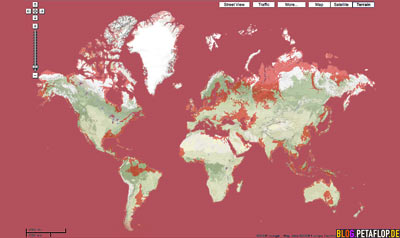Mickmeister
Registered Senior Member
I was thinking this weekend while I was in the duck blind about the ludicrousness of Noah's Ark. For one, there are roughly 20,000 species of fish, 6,000 species of reptiles, 9,000 birds, 1,000 amphibians, and 15,000 species of mammals. That would take one hell of an ark to house all of those animals, plus the sheer resources required to feed them. There would also be the issue of cramped spaces and the animals fighting and killing each other, which would be unavoidable, therefor making some species extinct, since there was only one male and one female of each species. Then the issue of plant life being completely destroyed, thereby no food for the plant eating species. If the entire planet had been flooded, would there not be fossilized remains of sea life scattered across the continents? Next, with all life being destroyed, including flooded plant life, how was the earth's atmosphere oxygenated? Finally, where did all of that water go?

